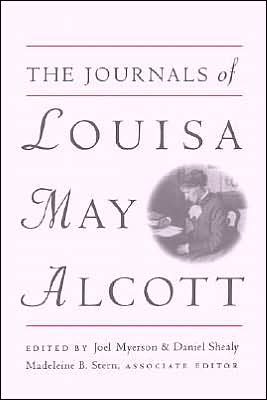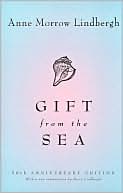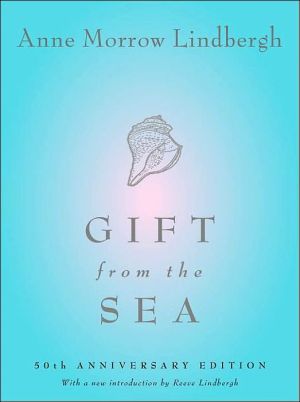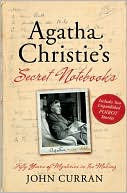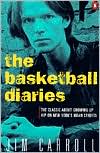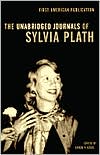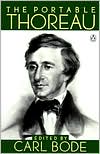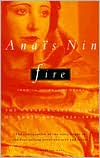The Journals Of Louisa May Alcott
From her eleventh year to the month of her death at age fifty-five, Louisa May Alcott kept copious journals. She never intended them to be published, but the insights they provide into her remarkable life are invaluable.\ Alcott grew up in a genteel but impoverished household, surrounded by the literary and philosophical elite of nineteenth-century New England, including Ralph Waldo Emerson, Henry David Thoreau, and Nathaniel Hawthorne. Like her fictional alter ego, Jo March, she was a free...
Search in google:
From her eleventh year to the month of her death at age fifty-five, Louisa May Alcott kept copious journals. She never intended them to be published, but the insights they provide into her remarkable life are invaluable.Alcott grew up in a genteel but impoverished household, surrounded by the literary and philosophical elite of nineteenth-century New England, including Ralph Waldo Emerson, Henry David Thoreau, and Nathaniel Hawthorne. Like her fictional alter ego, Jo March, she was a free spirit who longed for independence, yet she dutifully supported her parents and three sisters with her literary efforts. In the journals are to be found hints of Alcott's surprisingly complex persona as well as clues to her double life as an author not only of "high" literature but also of serial thrillers and Gothic romances.Associate editor Madeleine B. Stern has added an in-depth introduction to The Journals of Louisa May Alcott, the only unabridged edition of Alcott's private diaries. Publishers Weekly Prepared by the editors of Alcott's letters and recently discovered thrillers, this volume deepens appreciation for the industrious author. The journals open in 1843, when ``LMA'' was 11, and continue through March 1888, four days before her death at age 56. One grows to feel close to the Alcotts of Concord, Mass.--like the Marches of Little Women , kept poor by the father's visionary schemes. As a girl, Louisa became the chief supporter of her parents and siblings, working at menial jobs, but always writing (and prudently tailoring stories and poems to specific markets). There is no lack of love in the author's references to her dependents, but she sometimes confessed to envying the security that her labor gave them. Alcott's journals offer a literate, poignant, often humorous portrait of a singular woman. Photos not seen by PW. (Aug.)\\
List of IllustrationsAcknowledgmentsAbbreviations of Works CitedNotes on the TextChronologyIntroduction3The Journals, 1843-188841App. AMrs. Jarley's Waxworks335App. BEarly Sketches by the Alcott Sisters338Index343\\
\ Publishers Weekly - Publisher's Weekly\ Prepared by the editors of Alcott's letters and recently discovered thrillers, this volume deepens appreciation for the industrious author. The journals open in 1843, when ``LMA'' was 11, and continue through March 1888, four days before her death at age 56. One grows to feel close to the Alcotts of Concord, Mass.--like the Marches of Little Women , kept poor by the father's visionary schemes. As a girl, Louisa became the chief supporter of her parents and siblings, working at menial jobs, but always writing (and prudently tailoring stories and poems to specific markets). There is no lack of love in the author's references to her dependents, but she sometimes confessed to envying the security that her labor gave them. Alcott's journals offer a literate, poignant, often humorous portrait of a singular woman. Photos not seen by PW. (Aug.)\ \ \ \ \ Library JournalThe editors of this text have collected diaries, journals, and year-end ``Notes and Memoranda'' and from them assembled a single continuous chronological record of Alcott's life from her first entry in 1843 to the end of her life in 1888. For the most part, the entries are the sketchy unartistic fare that comprise diary entries (even those of gifted writers), but there are moments both touching and memorable--a recollection of a weary Bronson Alcott returning home from a disastrous lecture tour and anecdotes of the wounded in a Union hospital. Notes providing numerous identifications and directing the reader to sources for further study follow the entries for each year. Most useful to the student interested in circumstances of composition since it evidences Alcott's state of mind at various times and her attitudes toward major events, but not essential.-- Frank Pisano, Pennsylvania State Univ., University Park\ \
